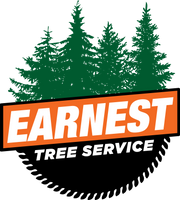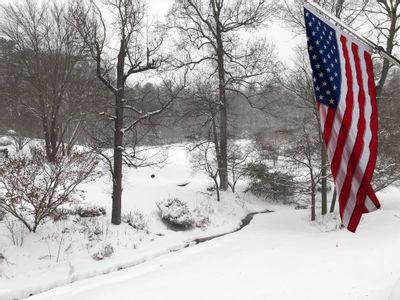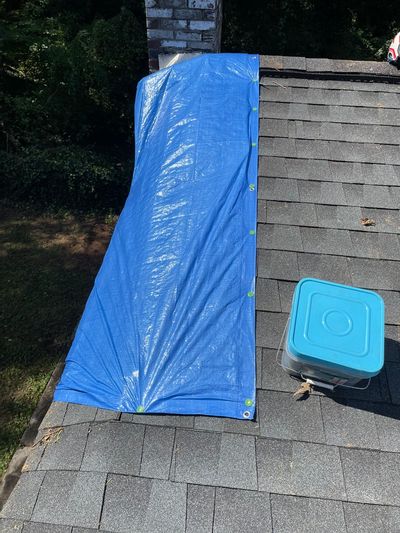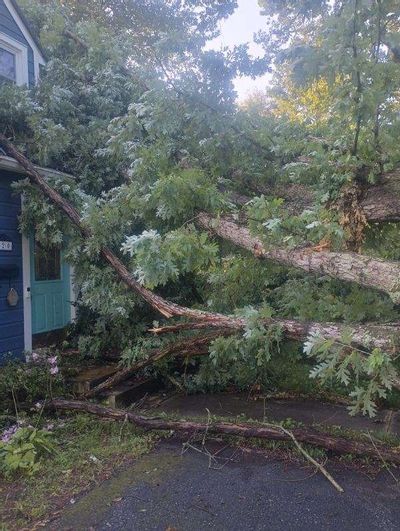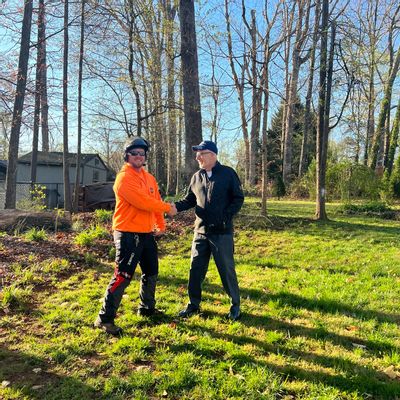Tree Decay: Earnest Tree Service walks you through what to look for
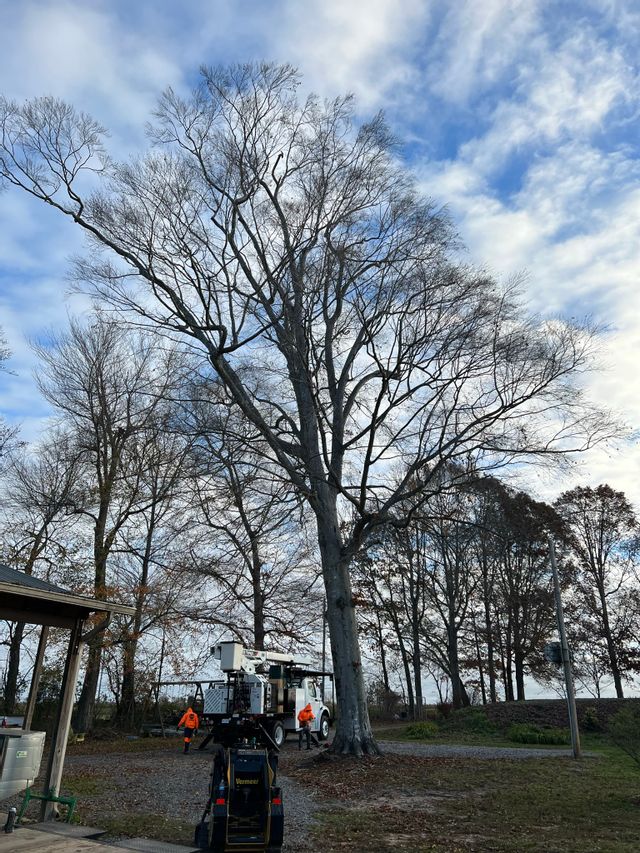
Decaying wood in living trees and is considered a disease. It is important to understand decay, indications and how to evaluate it. Trees with significant amounts of decay are more likely to fail than those with none or small amounts.
Decay detection is critical for tree risk assessment because as fungi digest the wood they decrease its strength. Wood decay is caused by certain fungi which may or may not form mushrooms or conks.
Conks and mushrooms are types of fungal reproductive structures. If you find these attached to a tree, it is an indication of internal decay, Although trees can have decay without the existence of conks or mushrooms on the outside.
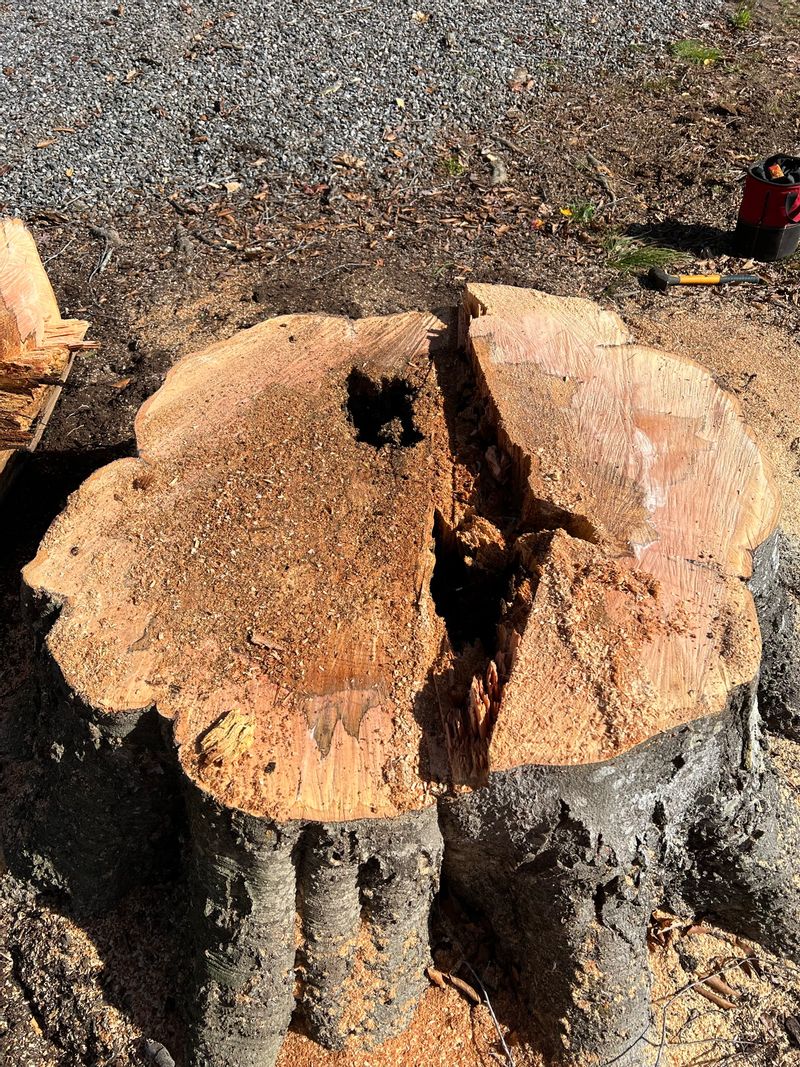
There are three basic types of fungal decay:
- White rot
- Brown rot
- Soft rot
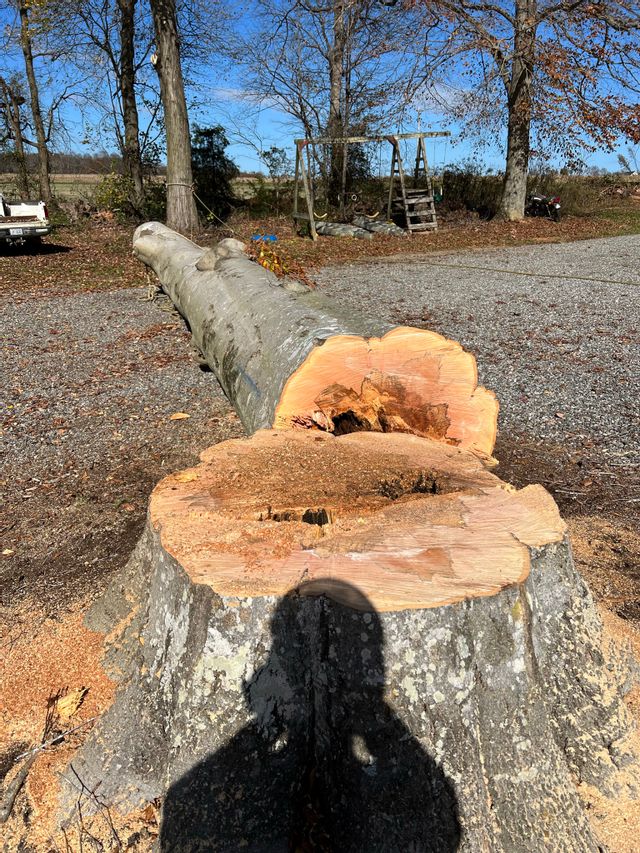
White rot attacks the lining within and between the cell walls in the wood. Lining is the material that gives wood its compressive strength and the damage of lining can reduce the woods stiffness. White rot gets its name because the decayed wood appears white after the lining is decayed.
Brown rot is most often seen on conifer trees and less likely on deciduous trees. Brown rot fungi primarily decay the cellulose and reduces the bending strength of the tree. This makes the wood more brittle, and the decayed wood is dry and crumbles easily. Brown rot gets its name because the remaining lignin is dark in color.
Soft rot can be hard to distinguish from other rots because it has similar characteristics common with brown and white rots. The name soft rot is actually taken from decay caused by other types of soft rot fungi that are not usually found on living urban trees. Soft rot attacks the cellulose portion of the tree. Soft rot attacks the wood strength faster than white rot or brown rot.
While we always admire the beauty of a tree sometimes trees can be sick without us knowing. Trees are very resilient and can be full of foliage (leaves) but also can present a danger or safety hazard if they posses tree decay. Hopefully this blog will lead you to inspect your trees so that you can keep them healthy for many years to come.
When you have trees close to your home or structures it is important for the health of the tree and for the safety of your home and business to inspect your trees for these types of decay. If you spot something on your tree that you don’t know what it is give our team a call and we can come out and visually inspect your tree to assess the damage and give you honest and professional advice on how to care for your trees. We call this risk assessment. In our risk assessment, we identify the risk level and offer advice and action on how to take care of your problem.
These types of decay don’t always lead to removing the tree. In some cases, if caught early on, we can remove a decayed section of your tree and keep it healthy so that you may continue to enjoy your tree. Others call for the tree to be removed because it could be of risks of failing and falling onto your home or structure. At Earnest Tree Service and Landscaping we pride ourselves on taking care of our customers and your trees.
Contact Us:
You can ease your mind by entrusting us to handle all of your tree and landscaping needs. No job is too big or too small, we can handle them all.
Serving this great community for over ten years, we have the knowledge and expertise to help you make the right choice for you and your family. Whether you are removing a hazardous tree, pruning a live tree to keep it healthy or installing new plants and landscaping, you can ensure you are getting the best in the business.
Our estimates are FREE. Contact us for a quote HERE.
We are also trusted for emergency tree services, which are offered 24/7. Call us when you have a tree issue that needs to be addressed immediately. Learn more HERE.
